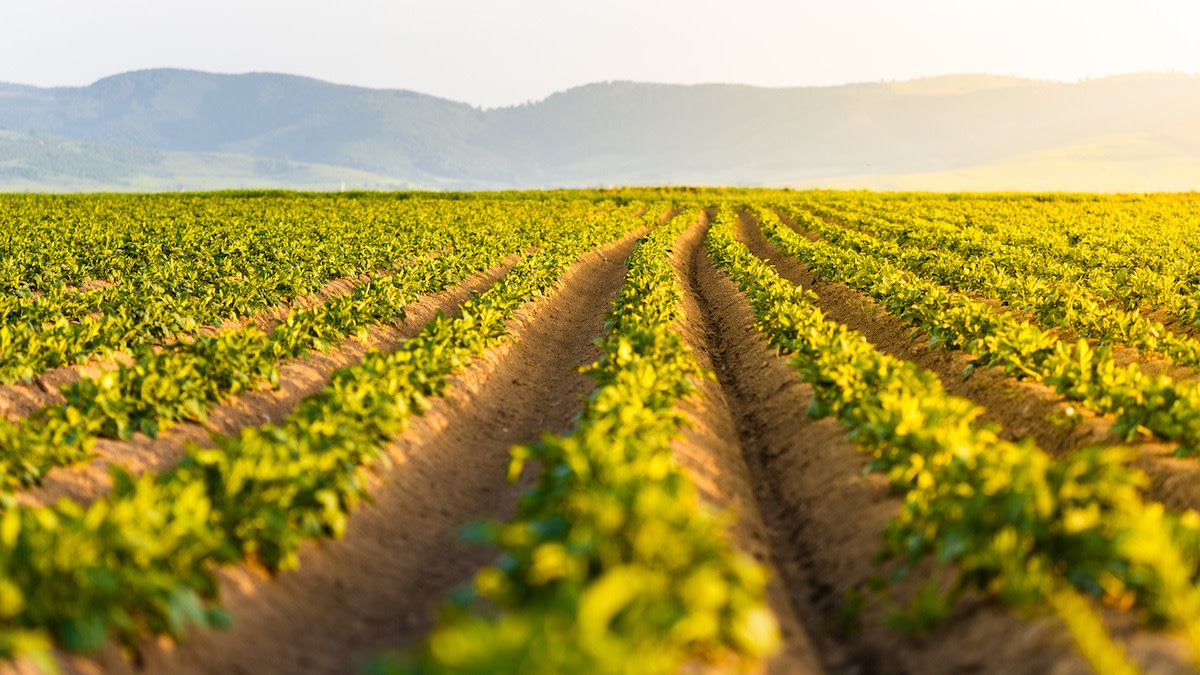Understanding the Role of the Commissioner of Agriculture
Written by MasterClass
Last updated: Sep 7, 2022 • 3 min read
The state commissioner of agriculture is responsible for more than just farming and food production for their state. They also oversee forestry, pest control, food safety, and even state agricultural events for their constituents.
Learn From the Best
What Is a Commissioner of Agriculture?
A state commissioner of agriculture is an executive position in all 50 state governments of the United States that protects and promotes the agricultural industries in their state. The position’s primary focus is to oversee their state's agricultural department while also promoting and establishing agribusiness projects to protect the environment and public health and safety.
In approximately 40 states, the commissioner of agriculture is also responsible for regulating the state's animal industry, including animal production, such as livestock; goods and animal health services needed to care for such animals; and the processing of these animals for consumption. Half of all US states also assign the regulation of food safety.
The National Association of State Departments of Agriculture (NASDA) represents commissioners of agriculture, and secretaries and directors of agriculture, from all 50 states and four US territories at the national level.
Who Appoints the Commissioner of Agriculture?
In most states, including California and New York, the governor is in charge of appointing the commissioners of agriculture. In 12 states, including Florida, North Carolina, and Texas, the position is placed on the ballot every four years, similar to the presidential cycle. Traditionally, Democrats have filled the role of state commissioners of agriculture, but since 2011, the offices have primarily been overseen by either Republicans or nonpartisan officials.
A Brief History of the Commissioner of Agriculture Role
The history of the commissioner of agriculture's role coincides with the history of each state's department of agriculture. The oldest of these is the Georgia Department of Agriculture, founded in 1874, though it is not an agency of the United States Department of Agriculture (USDA).
State agricultural leaders began organizing into regional groups in 1899; the first was the Southern Association of Commissioners, followed by Western, North Central, and New England Associations. A formal national organization, the National Association of State Departments of Agriculture (NASDA), was founded in 1916; the non-profit, nonpartisan organization began as the National Association of Commissioners of Agriculture and represented commissioners from 14 states. NASDA adopted its current title in 1957.
What Are the Commissioner of Agriculture’s Responsibilities?
The commissioner of agriculture is responsible for a variety of agricultural and environmental issues in each state, including:
- Enforcing laws. The commissioner of agriculture is responsible for ensuring that all laws related to agriculture, horticulture, and farm products and the transportation and distribution of such food products are enforced throughout the state.
- Food safety and production. Many commissioners of agriculture regulate food safety, including meat inspection, through their departments. They also monitor the cost of food production and keep records of annual crop production.
- Forestry management. The management and protection of a state's forests and related natural resources, like land and water, can also fall under the jurisdiction of state commissioners of agriculture. These responsibilities can include reforestation, wildfire suppression, regulation of timber laws, and assisting community and urban forestry programs.
- Pest control management. The detection and eradication of insect and disease pests that can damage state agriculture, harm human lives, and impact the state economy frequently fall to the state commissioner of agriculture. Their department manages pesticide usage, identifies and isolates new invasive pests, and inspects plants delivered from other states.
- Promotion and development. The commissioner of agriculture oversees the promotion and development of all agricultural resources, including state-based agricultural goods, through economic development, advocacy, and outreach programs. They are also tasked with improving living and working conditions for rural industries, such as owners and operators of family farms, growers, and ranchers.
- State fairs. Commissioners of agriculture are often members of a state's Fairs Commission, which maintains the operation of state and regional fairs and other agriculture-related educational events. Responsibilities also include the provision of buildings and land for such events.
Learn More
Get the MasterClass Annual Membership for exclusive access to video lessons taught by masters, including Jane Goodall, Bill Nye, Neil deGrasse Tyson, Paul Krugman, and more.
